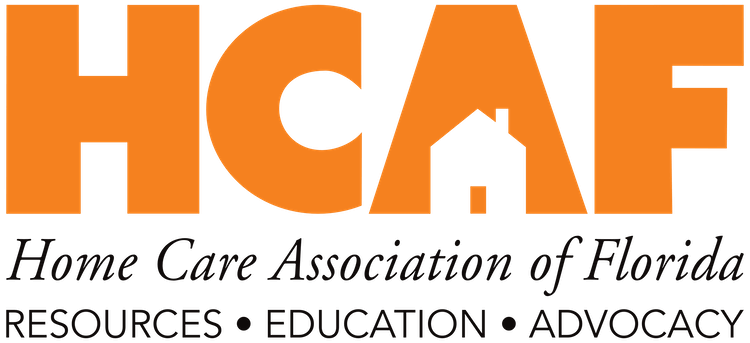CMS Waivers Extended for Hurricane Milton Recovery

CMS Waivers Extended for Hurricane Milton Recovery
On July 28, 2025, Governor Ron DeSantis signed Executive Order (EO) 25-150, extending the State of Emergency originally declared in EO 24-214 on October 5, 2024, and amended by EO 24-215 on October 6, 2024. This latest order adds an additional 60 days to support ongoing recovery efforts and individuals impacted by Hurricane Milton.
Importantly, the extension preserves the activation of federal blanket waivers issued by the Centers for Medicare & Medicaid Services (CMS). The following provisions are especially relevant to home health agencies and hospice providers operating in affected areas of Florida:
- Extension of Assessment and Data Submission Deadlines:
- Extends the five-day requirement for completing the comprehensive assessment to 30 days.
- Modifies the 30-day Outcome and Assessment Information Set (OASIS) submission requirement, allowing delayed submission during the public health emergency.
- Remote Initial Assessments and Homebound Status Determinations:
- Waives 42 CFR §484.55(a), permitting home health agencies to conduct initial assessments and determine homebound status remotely or through record review.
- This flexibility supports more efficient patient intake and reduces the burden on hospitals and skilled nursing facilities.
- Expanded Role for Rehabilitation Professionals:
- Waives 42 CFR §484.55(a)(2) and §484.55(b)(3) to allow physical therapists and speech-language pathologists to conduct initial and comprehensive assessments for all patients receiving therapy services, regardless of whether therapy is the qualifying discipline.
- This is permitted under state law and designed to expand clinical capacity.
- As a reminder, occupational therapists are already permitted to conduct these assessments under a permanent regulatory change finalized in 2021.
While these waivers remain in effect, CMS strongly encourages providers and suppliers to resume normal operations as soon as feasible. Providers should continue to leverage flexibilities to maintain access to care during the emergency, but are expected to transition back to standard compliance protocols promptly when able.
